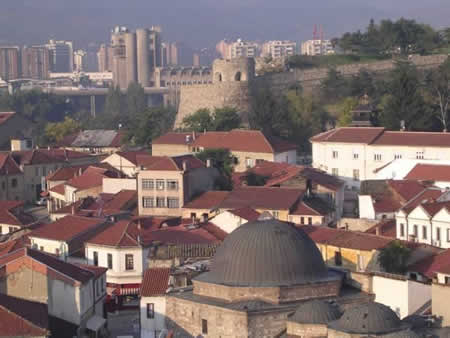Here’s an interesting and useful site for you that I came across the other day: SmartPhrase. It contains phrasebooks for Dutch, French, German, Greek, Italian, Portuguese and Spanish, though unfortunately there are no audio recordings.
There is also a random phrase generator which gives you either serious or humerous phrases in a variety of languages.
Here are a few examples of the humorous phrases:
Discúlpame ¿te importa si te miro un rato? Quiero recordar tu cara en mis sueños.
Excuse me, do you mind if I stare at you for a minute? I want to remember your face for my dreams.
Da-me los cables puente de batería, los pollos se han escapados.
Hand me the jump leads, the chickens have escaped.
Für so einen kleinen Mann hast Du aber sehr grosse Nasenlöcher!
You have very large nostrils for such a small gentleman.
Keine Elephanten in der Bar nach 8 Uhr!
Elephants are not permitted in the bar after eight o’clock.
Se devi tagliarti le unghie dei piedi, vai via dalla cucina, per favore.
If you must clip your toenails now, kindly leave the kitchen.
Ο δρακος επιμενει να θγσιασογμε μια κοπελα αλλιως θα καψει το χωριο.
The dragon insists we sacrifice a maiden otherwise he will burn the village to the ground.
Dat is de derde keer deze week dat één van de patienten spontaan is gaan uitbarsten.
That is the third time this week that one of the patients has spontaneously combusted.
A cama do meu marido está cheia de areia preta. Porquê?
My husband’s bed is full of black sand. Why?
